Part Four: Costly fixes deter officials from making homes safer from fire

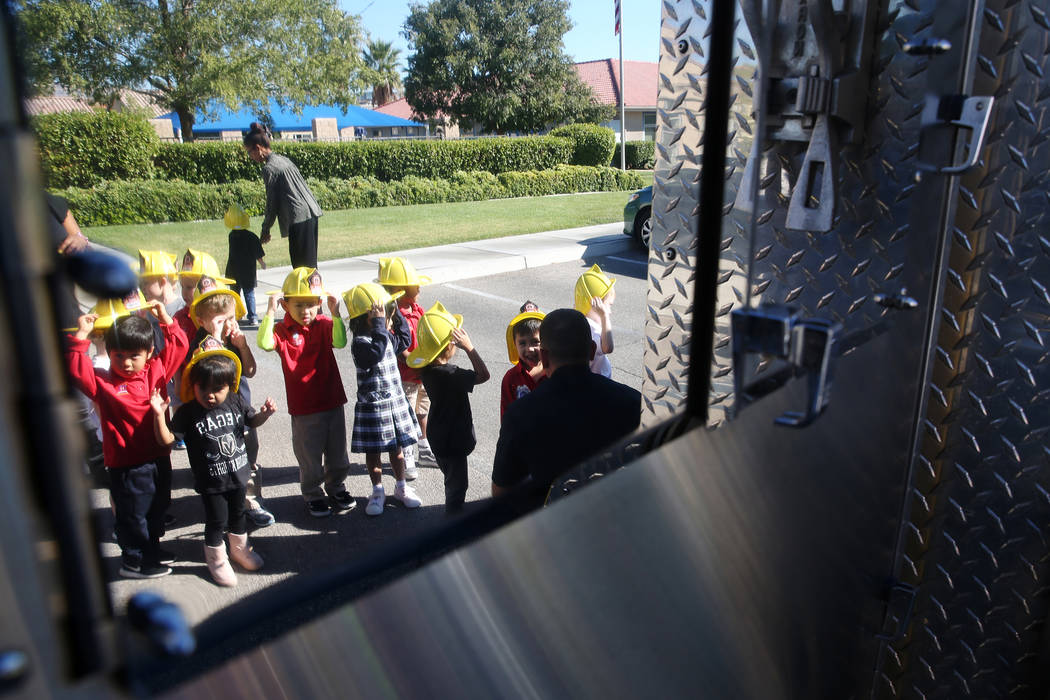

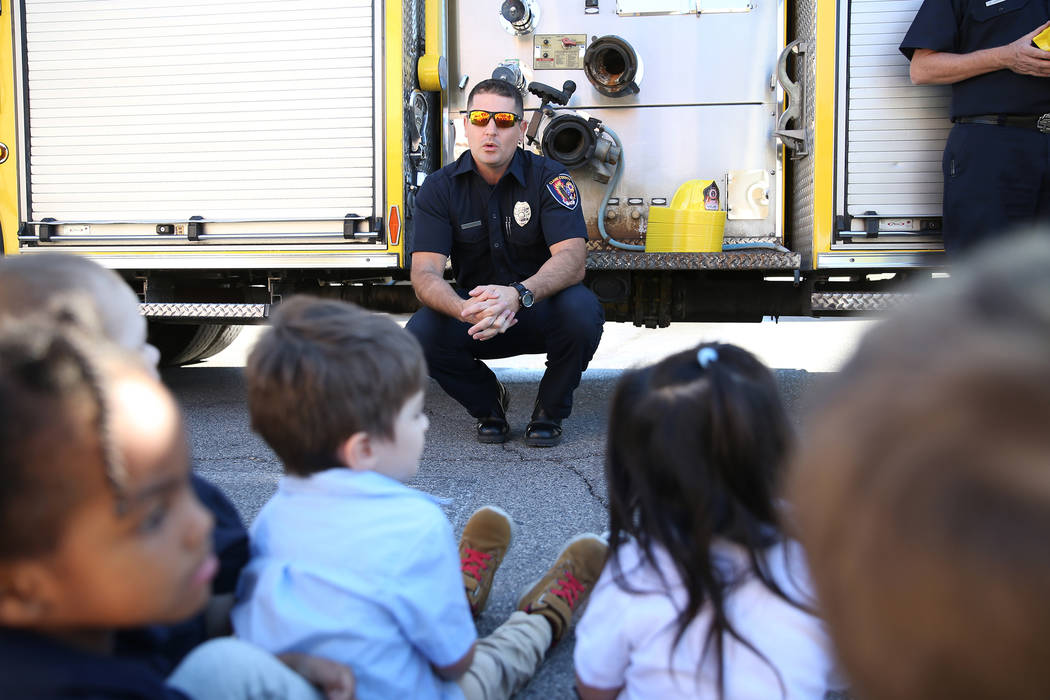
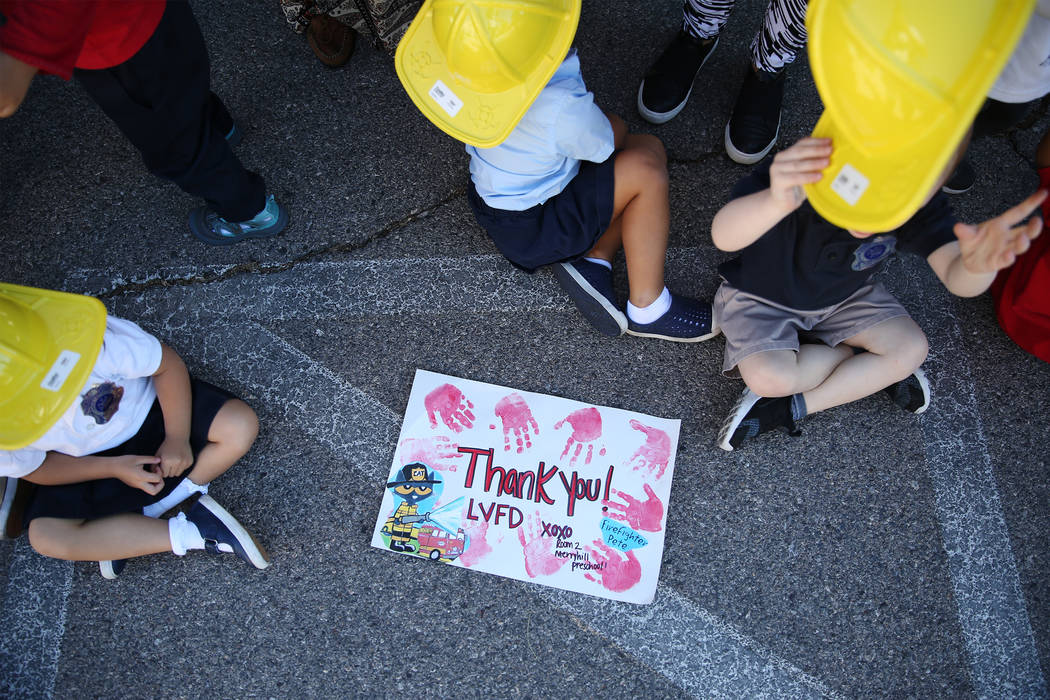



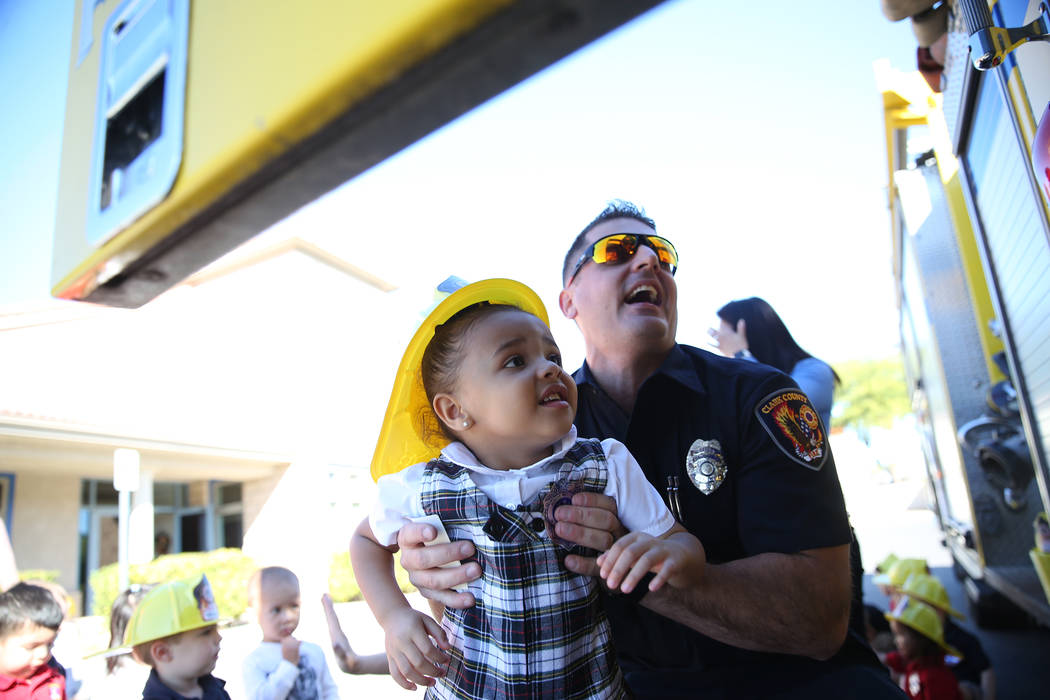


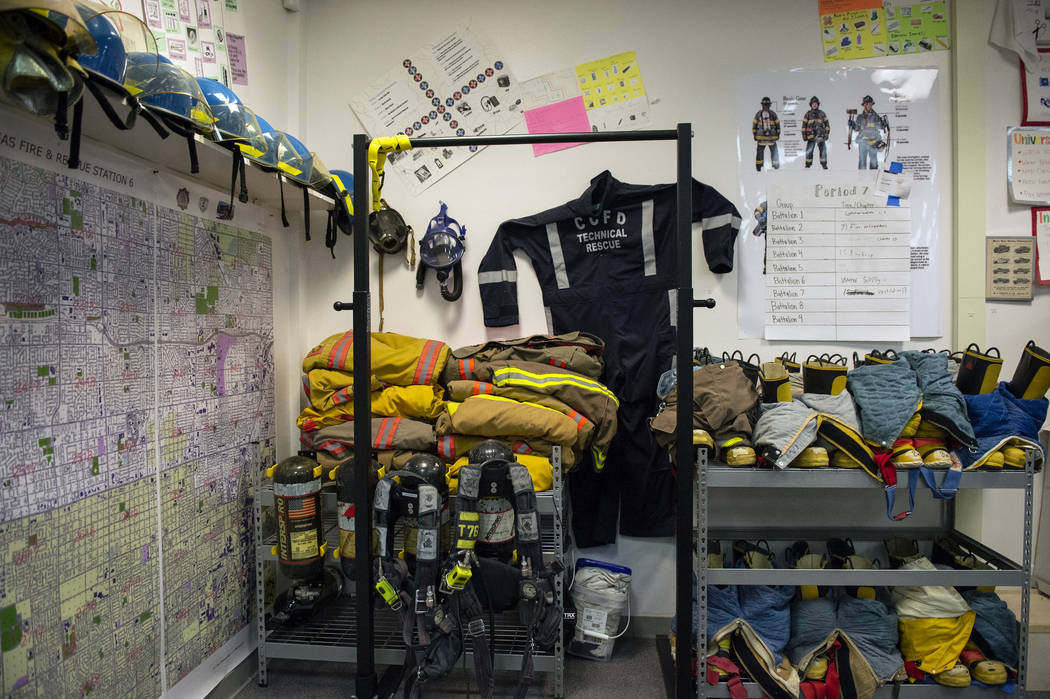

Automatic fire sprinklers, interconnected smoke alarms and more frequent inspections top the wish list of officials looking to make homes in the Las Vegas Valley safer from fire. ■ But turning those wishes into reality is difficult because Nevada does not allow local governments the freedom to enact certain laws, retrofitting is expensive, hiring enough staff to regularly inspect homes is costly and some people simply ignore fire hazards in their homes.
“Sprinklers are at the top of my list,” Clark County Fire Chief Greg Cassell said. “If the state mandated and financially supported that, it would be the biggest thing moving forward. But that would require legislative changes.”
Since 2008, 141 fires have killed 159 people in the Las Vegas Valley. Of those fires, the majority happened in older areas, where single-family homes and apartments — depending on when they were built — aren’t required to have modern safety measures and can go several years between fire inspections.
State law requires landlords to provide smoke alarms for every apartment. Beyond that, they’re required only to keep their buildings in line with the fire codes that were in place at the time of construction.
Mandating labor-intensive and costly retrofits probably would be met with backlash from property owners, Las Vegas Deputy Fire Chief/Fire Marshal Robert Nolan said.
Still, Nolan is hopeful that city officials can push for new and improved fire alarm systems in existing buildings.
“Instead of saying ‘fix the broken one you have,’ we could require a better alarm system,” Nolan said. “Or we could give them an enhanced system.”
Fire sprinklers
Automatic fire sprinklers can give people precious additional minutes to escape house fires.
“When your smoke alarm goes off in your house, you don’t have eight or nine minutes to get out. You have two to three, and that’s to get you and everybody else out,” Nolan said. “If there’s a life-safety fire sprinkler system, that probably increases that time to nine to 10 to 12 minutes.”
Only California, Maryland and Washington, D.C., require new single-family homes and duplexes to be outfitted with fire sprinklers. And those sprinkler ordinances apply only to new construction, not existing buildings.
Nevada has no statewide requirement for home sprinklers, but allows local governments to pass laws mandating them in newly constructed single-family homes. Henderson has had a sprinkler requirement on the books since 2011, while Las Vegas approved one this year.
“If we had a sprinkler law statewide, that would reduce deaths,” Las Vegas Fire Inspector Scott Thompson said. “The opposition says it costs too much, but how much is life worth?”
A 2017 UNLV residential study concluded that a 5,000-square-foot, single-family tract home in Las Vegas cost $570,000, and a residential fire sprinkler system for a home that size would cost $4,750. The home’s value would appreciate to an estimated $732,180 in 2025, so the “residential fire suppression system has a payback period in the first year of home ownership,” the study concluded.
Amanda Moss, director of government affairs for Las Vegas, estimated that outfitting most new homes with fire sprinkler systems would cost from $1,000 to $3,000 apiece.
“Of course, safety is very important for us and our customers, but cost is also a huge factor,” Moss said.
In unincorporated Clark County, fire sprinklers are required in new apartment buildings but are not mandated in single-family houses under 5,000-square-feet.
Requiring sprinklers in smaller homes would require hiring more inspectors, Cassell said.
“I would love to have fire sprinklers in single-family homes. We’re not in that position right now. Quite frankly, there isn’t the money to hire those extra bodies,” he said.
Las Vegas fire officials have floated the idea of a voluntary retrofitting program, Nolan said, but “we’re just at the formative stages.”
Las Vegas Councilwoman Lois Tarkanian has been involved in some of the early discussions on that idea, but given the cost involved, she isn’t sure how many property owners would participate.
“We have looked at that, and we’re very interested, but we have not gotten far into the sprinklers in older homes. I wish we had. Quite frankly, it’s a money situation for the families involved: That’s a hang-up we’ve had,” Tarkanian said.
Added inspections
Money is also a barrier when it comes to increased inspections.
California requires apartment and condo buildings with at least three units to be inspected annually, but Nolan, who previously worked in Southern California, called it an “unfunded mandate” that many local governments don’t have the resources to meet every year. He’s not sure it would be any different in Nevada.
Nolan plans to fight for increased staffing, so the city’s residential fire inspector pilot program becomes permanent.
“Other inspectors are trying to backfill as best they can, but there’s work that’s not getting done,” he said.
California also mandates inspections at the time homes are sold to ensure that there are working smoke detectors around sleeping areas. Nevada has no such requirement, but Las Vegas Fire Chief William McDonald said he recently raised the possibility of changing that with the state fire marshal.
“If you think about the life of a building, we have involvement until they’re occupied, and then we don’t get in them much any more,” McDonald said. “Over time, the condition of the structures is whatever the property owner is able to maintain.”
At sites with repeated fires, fire officials will talk to property owners about the preventive steps they can take. There might also be educational events for tenants, with an emphasis on the “partnership” between owners and the people who live there to maintain a safe environment, Nolan said.
“Some of these apartment buildings in wards 1, 3 and 5 are not well-maintained,” Nolan said. “And the clientele there seem to suffer the consequences, whether it’s their own doing or not.”
Departing Clark County Commissioner Chris Giunchigliani suggested a change to state law that would give local governments more teeth to crack down on properties that have repeated problems.
“When there’s a certain number of fires, we should be able to require them to demolish (the building) and bring it up to the current code,” Giunchigliani said.
As it is now, she said, “unless it’s totaled, we can’t force them.”
Review-Journal staff writer Michael Scott Davidson contributed to this report.













